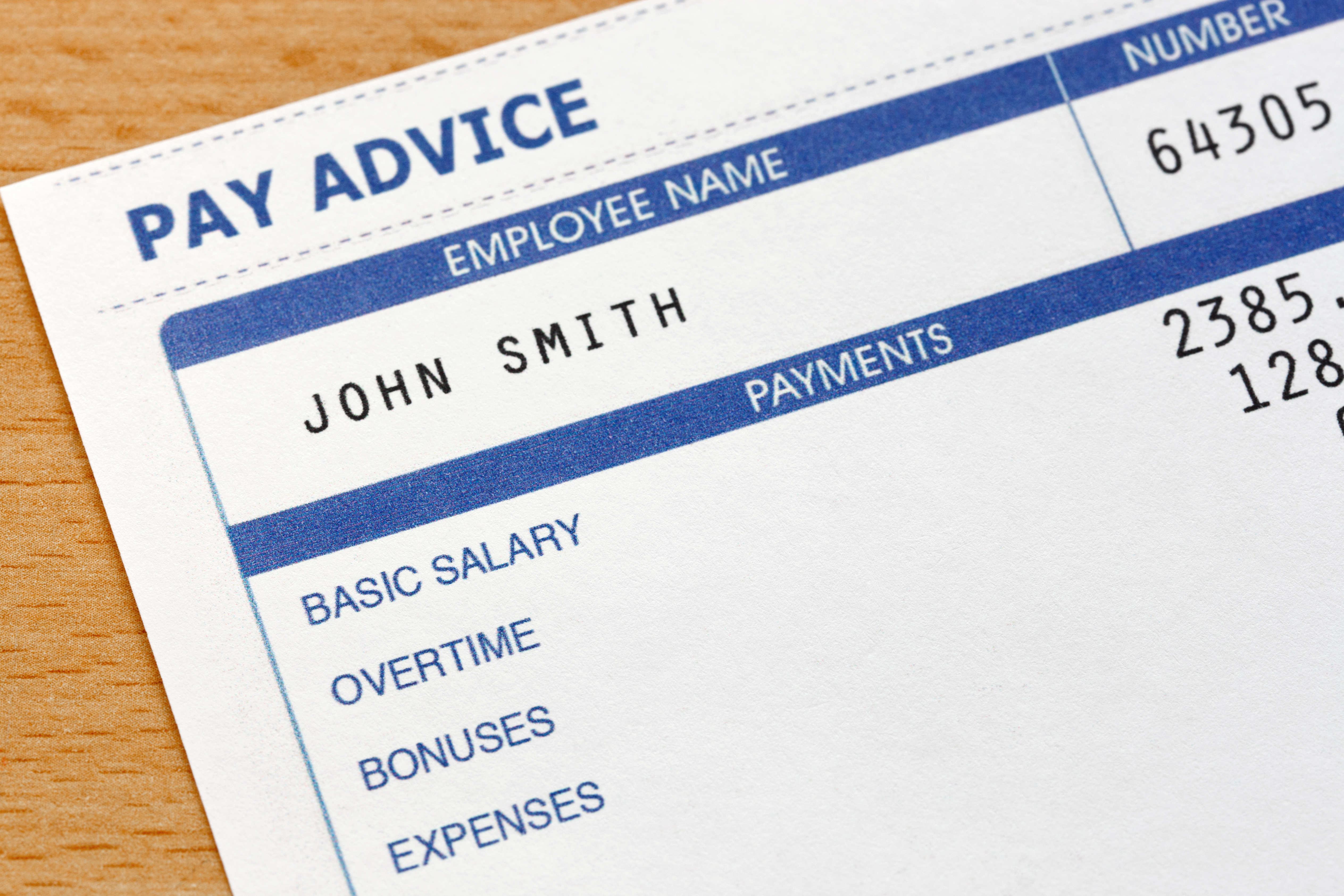From 1st April 2016 the introduction of the National Living Wage of £7.20 per hour will mean that workers in the UK aged over 25 earning the National Minimum Wage will see a 50p per hour increase. The current £6.70 per hour National Minimum Wage rate applies to those aged 21 and over.
More than 70% of workers have said they will feel more positive for themselves and their families as a result of the introduction of the new National Living Wage, announced by the Chancellor at the Summer Budget. The findings are part of a new government survey which also shows that 59% of respondents will feel more motivated at work as a result of the increase in their pay packets.
The survey results coincide with the launch of a new advertising campaign based around real people talking about the positive effect the new National Living Wage will have on their lives. The advert, which launches this week, features a range of workers from across the UK set to benefit from the National Living Wage as it increases over the next four years. The campaign will highlight the new wage and tell people to find out more by visiting the living wage website here.
The government is continuing to raise awareness to businesses to make sure they are ready to pay the new wage on 1st April 2016. As part of this, it has published a four-step guide for businesses on the living wage website, asking firms to:
- Check they know who is eligible in their organisation
- Take the appropriate payroll action
- Let staff know about their new pay rate
- Check staff under 25 are earning at least the right rate of National Minimum Wage
HMRC will have responsibility for enforcing the new National Living Wage in addition to the National Minimum Wage from April 2016 and will take firm action where an employer fails to pay the correct wage.
These changes are likely to impact on salary sacrifice arrangements in the same way as the National Minimum Wage, i.e. salary can’t be sacrificed to a lower level than the National Minimum Wage or, for those over 25, the National Living Wage (this is expected to be the case although no specifics have yet been published). Anyone who currently sacrifices salary such that their hourly rate is below the new National Living Wage will no doubt have to have their salary increased (and sacrifice reduced) accordingly from 1st April. The changes will also have an impact on such areas as auto enrolment, where the salary increase may take an employee over the earnings trigger, and pension contributions may need to increase accordingly.





